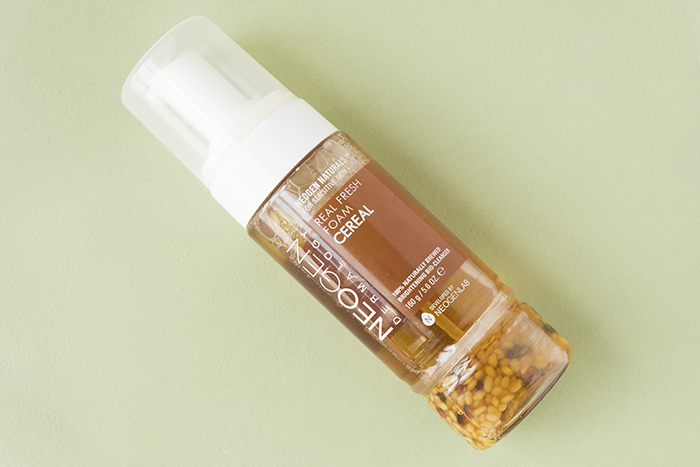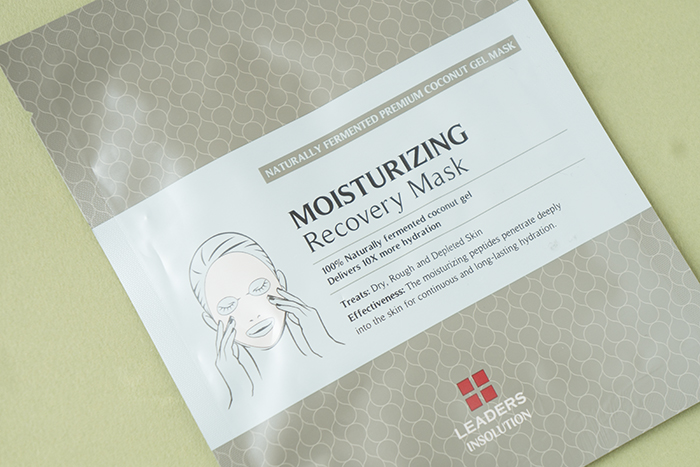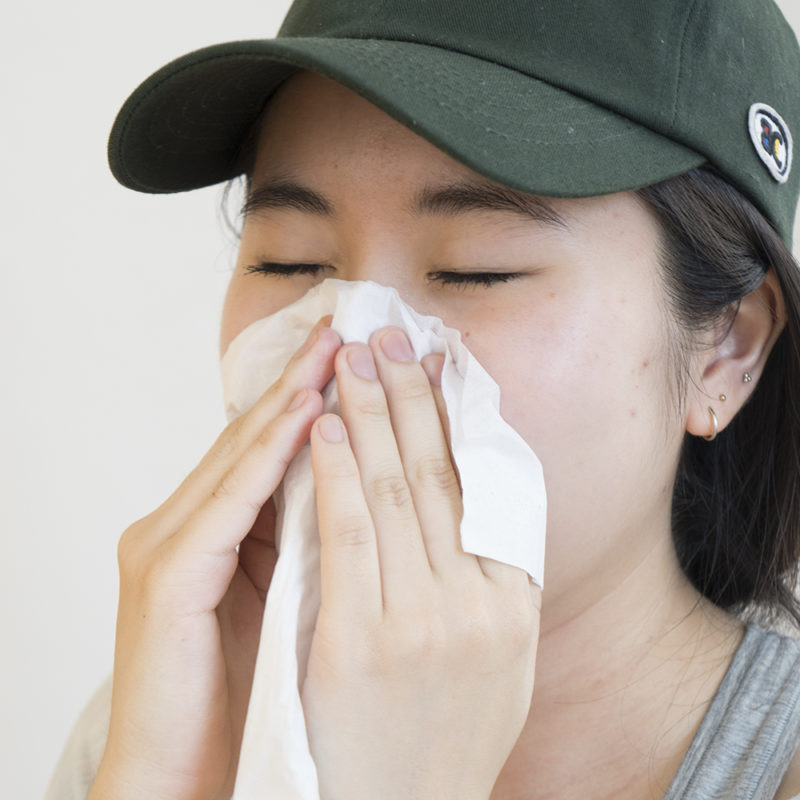Let’s look at the irritating side effects of warmer weather.
Looking for skin care products for allergies? Allergy season brings a whole list of serious skin concerns. But don’t worry, you don’t have to suffer through all that pollen alone.
If you’ve been dealing with red and watery eyes, puffy skin, and lots of sneezing as a result of spring-related allergies, you’re not alone. According to the American College of Allergy, Asthma, and Immunology, a whopping 50 million Americans deal with allergies in the USA. While allergies can make you feel positively dreadful, they can also take a toll on your poor skin.
“Allergies cause an inflammatory response. Think red, patchy skin, eyes that are somehow both watery and dry, [and skin that is] more prone to breakouts,” says Lauren Haynes, a master herbalist and the founder of Wooden Spoon Herbs. “This inflammation overload can dry out our skin and exacerbate problems that are already there.”
Below we’ve put together some advice to help you address whatever allergy-related skin care problems you might be dealing with so that you’ll look and feel better.
Consider Switching to Natural & Organic
If your skin is already on high alert and feeling sensitive, it’s smart to stick to products that don’t contain harsh ingredients or further disrupt it.
“The first step to keeping your skin calm during allergy season is to remove chemicals and fragrance from your skin care routine,” says Haynes. “This is the time to go natural, and there are so many good companies keeping it 100 percent natural these days. Use the most gentle products possible.”
One of our favorite fragrance free products is Solved Skincare’s Coconut Water Hibiscus + Rosehip Toner. If you prefer a foam cleanser, try Neogen’s Cereal Real Fresh Foam Cleanser.

Moisturize Like a Boss
You already know how important moisturizing is, but Haynes says it’s time to really get serious about your hydration routine and moisturize like crazy during allergy season. As mentioned, your skin has a tendency to dry out as a result of allergies, so consistently hydrating is essential.

For example, you can swap out your current toner for the deeply hydrating Banila Co Dear Hydration Double Capsule Essential Toner. In addition to your essences, ampoules, oils, and creams, throw on a sheet mask once a day (or every other day). A great option is Leaders Moisturizing Recovery Mask, a bio-cellulose coconut gel sheet mask that’s infused with peptides and amino acids.
Don’t Skip the Eye Cream
Speaking of moisturizing, now is definitely the time to get yourself an eye cream if you haven’t already. Think about it—your eyes are watery, red, tired, and dry. They need some extra attention now more than ever before, and a soothing eye cream will help soothe that delicate, inflamed tissue around your eyes so you look more alert and bright eyed.
We like Etude House’s Moistfull Collagen Eye Cream for allergy season because it’s made with super collagen, so it moisturizes while also preventing fine lines. Another top choice is Benton Fermentation Eye Cream. It’s rich, infused with ceramides, hyaluronic acid, aloe, and panthenol to hydrate and repair.
Haynes adds, “The classic cucumbers on the eyes trick is tried and true, but I also really love moistened chamomile tea bags on the eyes to take down inflammation. Bonus points if the tea bags have been chilled.”
Adjust Your Diet
In addition to following the skin care advice above, Haynes says it’s also important to think about the foods you’re eating. There are certain things you can eat that help soothe, lessen, and potentially even prevent your allergies.
“Fruits and vegetables that are high in quercetin are great to consume during allergy season, such as apples, dark berries, leafy greens, cruciferous veggies, and black and green tea,” advises Haynes. Interestingly, Haynes actually makes a natural tincture called Allergy Assist, which contains goldenrod, nettle, elderflower, elderberry, and reishi.
Also, it might sound crazy, but a tablespoon of local bee pollen per day can help your body build a natural immunity. Some people eat it plain, add it to their smoothies, or even sprinkle it on top of their morning yogurt. If you’re not a fan of bee pollen, locally harvested honey (the local part is important) can also help.
As a final word, we urge you to really listen to your skin’s needs (and your body’s needs) this spring. Give it some love via moisturizing, natural and soothing products, and maybe throw in some DIY remedies while you’re at it.
The Best Products That Will Take Care of Your Skin During Allergy Season
